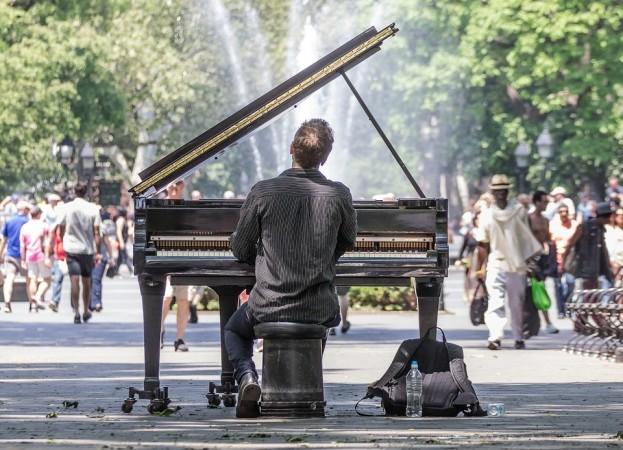
Bored of classical music? You must be learning it wrong. A music professor in the UK, Kevin Holm-Hudson, teaches music theory in the most interesting way possible: through his students' favorite songs.
The associate professor at University of Kentucky School of Music has won hearts of his students by adopting a modern way of approaching classical music theories. He prefers discussions and remix videos to theoretical lectures to drive home his point. And the material for the discussions comes from the list of songs his class submits at the beginning of the semester.
Holm-Hudson asks his students to send three favorite songs each and includes them in his lessons wherever possible. He says this helps keep his teachings 'fresh'.
The professor is a fan of the 1970s' progressive rock and believes students learn better if they can "really relate to concepts when they are taught through songs they already know and love." When he finds a song too difficult to be included in a music theory concept, he would go for a guided discussion instead.
Holm-Hudson, who holds a doctoral degree in composition (with ethnomusicology emphasis) from the University of Illinois at Urbana-Champaign, shot to fame after his music theory video featuring Queen's We Are the Champions went viral. He believes the song, through which he explained motivic parallelism, "showed people how to appreciate a much-beloved song in a new way."
The author of Music Theory Remixed: A Blended Approach for the Practicing Musician, noticed in his growing years that modern and classical music are connected. He uses this approach now to bring back the love for classics in an era that emphasizes more on modern pop.
"The future in music belongs to those who can be versatile in the gig economy," says Holm-Hudson, who believes this multifaceted approach will help his students survive better in the music industry.
Teaching is not Kevin's only talent. He is a member of the British pop-rock band The Twiggenburys, apart from being a solo performer. He has also written several music theory papers that have been published in journals like Leonardo Music Journal, Music Theory Online, etc.

















